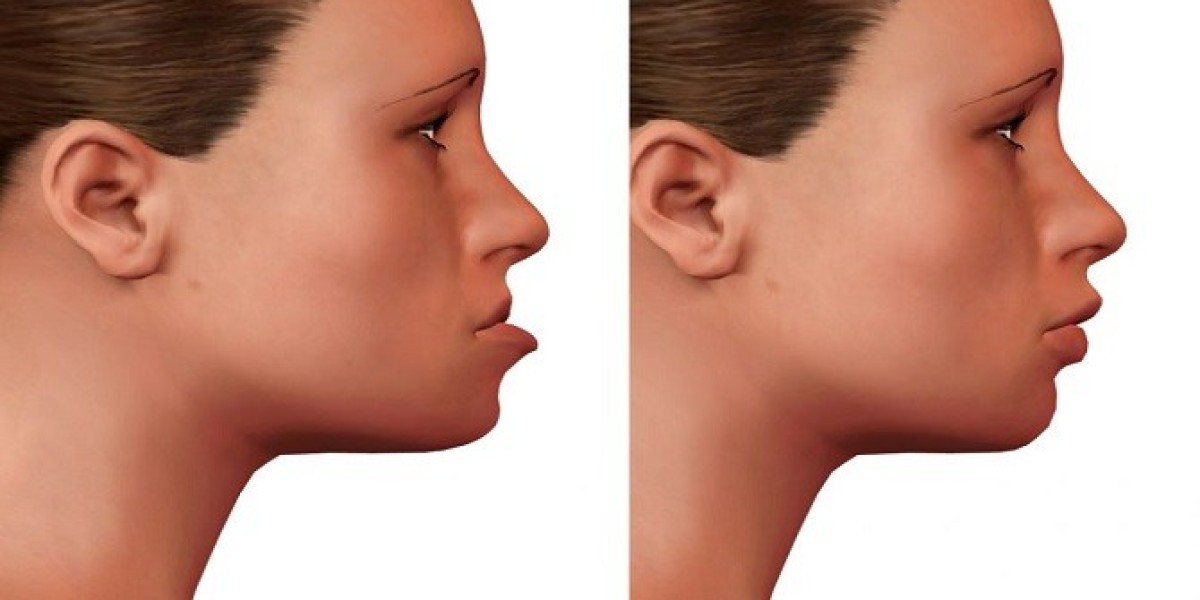Jaw surgery, also known as orthognathic surgery, is a procedure designed to correct various jaw-related issues. Whether you suffer from an improper bite, facial asymmetry, or breathing difficulties, jaw surgery can significantly improve both function and aesthetics. If you are considering this procedure, it is crucial to understand the signs that indicate you might need it.
What is Jaw Surgery?
Jaw surgery is a corrective procedure that aims to realign the upper and lower jaw for improved functionality and appearance. It is often recommended for individuals with severe jaw misalignment that cannot be treated with orthodontics alone.
Helps in correcting bite issues such as underbite, overbite, and open bite.
Improves facial symmetry and enhances overall appearance.
Addresses breathing problems, including sleep apnea and snoring.
Provides relief from chronic jaw pain and temporomandibular joint (TMJ) disorders.
Signs You Might Need Jaw Surgery
If you experience any of the following conditions, you might be a candidate for Jaw surgery in Islamabad:
1. Difficulty in Chewing or Biting
Chewing problems are one of the primary reasons for undergoing jaw surgery. Misaligned jaws can make it difficult to break down food properly, leading to digestive issues.
Causes discomfort while eating solid foods.
Leads to frequent biting of the cheeks or tongue.
Affects digestion due to improper food breakdown.
2. Chronic Jaw Pain and TMJ Disorders
Jaw misalignment often results in excessive strain on the temporomandibular joint (TMJ), causing persistent pain and discomfort.
Leads to frequent headaches and jaw stiffness.
Can cause clicking or popping sounds when opening the mouth.
May result in limited jaw movement or lockjaw.
3. Facial Asymmetry or Imbalance
A misaligned jaw can create an uneven facial structure, affecting both appearance and self-confidence.
Results in an unbalanced facial profile.
Causes an uneven smile or asymmetrical lips.
May lead to psychological distress due to dissatisfaction with appearance.
4. Speech Difficulties
Jaw misalignment can interfere with speech patterns, causing difficulties in pronunciation and articulation.
Affects clarity of speech and communication.
Can cause a lisp or slurred speech.
Leads to frequent tongue and lip strain while speaking.
5. Breathing Problems and Sleep Apnea
A poorly aligned jaw can obstruct airways, contributing to breathing difficulties and sleep apnea.
Causes snoring and breathing interruptions during sleep.
Increases the risk of sleep disorders and fatigue.
Leads to decreased oxygen intake, affecting overall health.
The Procedure: What to Expect
Jaw surgery involves several steps, starting from consultation to post-operative care. Understanding the process helps in making an informed decision.
1. Initial Consultation
Before undergoing surgery, a consultation with an oral and maxillofacial surgeon is necessary.
The surgeon evaluates jaw structure using X-rays and 3D imaging.
Discusses treatment options based on individual needs.
Provides an estimated timeline and recovery expectations.
2. Pre-Surgical Orthodontic Treatment
Most patients require braces before jaw surgery to align teeth properly.
Helps in preparing the teeth for better surgical outcomes.
Typically lasts for 12 to 18 months before surgery.
Ensures optimal alignment and stability post-surgery.
3. The Surgery Process
The surgical procedure is performed under general anesthesia and involves repositioning the jawbones for a balanced structure.
Can involve cutting, reshaping, and fixing the jaw in place using screws or plates.
May require a hospital stay for monitoring and pain management.
Surgery duration varies based on complexity, typically lasting 3 to 4 hours.
4. Recovery and Healing
Post-surgical care is crucial for a smooth recovery and optimal results.
Initial swelling and discomfort subside within 2 to 3 weeks.
Full recovery can take anywhere from 6 to 12 months.
A liquid or soft diet is recommended in the first few weeks.
Regular follow-ups ensure proper healing and jaw alignment.
Benefits of Jaw Surgery
The results of jaw surgery can be life-changing, providing both functional and aesthetic benefits.
Improves chewing, speaking, and breathing efficiency.
Enhances facial symmetry and boosts self-confidence.
Provides long-term relief from jaw pain and discomfort.
Prevents further dental and health complications.
Choosing the Right Surgeon in Islamabad
Selecting an experienced and qualified surgeon is essential for successful results. Consider the following when choosing a surgeon for Jaw Surgery in Islamabad:
Check credentials and certifications of the oral and maxillofacial surgeon.
Review patient testimonials and before-after results.
Ensure the clinic is equipped with modern surgical facilities.
Discuss potential risks and recovery plans in detail.
Conclusion
If you are experiencing persistent jaw pain, difficulty in chewing, speech problems, or facial asymmetry, jaw surgery could be the right solution for you. With advancements in medical technology, the procedure is now safer and more effective than ever. At Enfield Royal Cosmetic, we specialize in advanced jaw correction techniques, ensuring you achieve the best functional and aesthetic outcomes. Contact us today for a consultation and take the first step towards a healthier, more confident smile!









